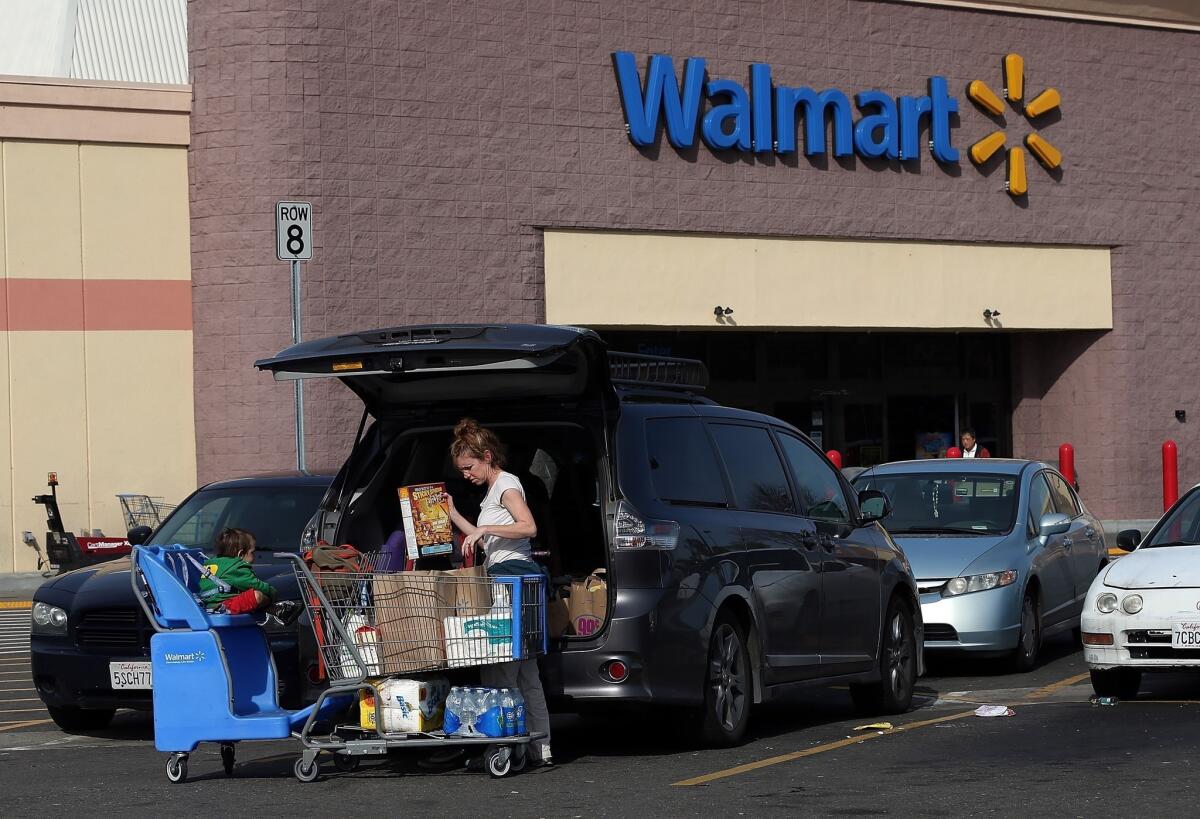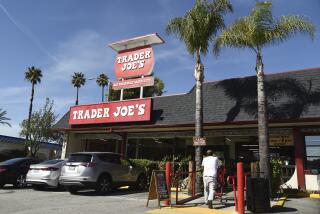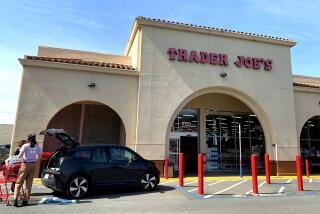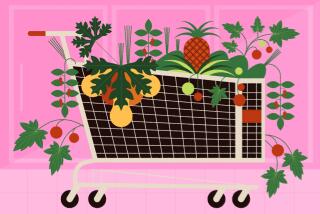Wal-Mart to boost organic food lineup

CHICAGO — Wal-Mart is trying to make organic food more accessible to its budget-conscious shoppers.
The retailer is making a bigger bet on the fast-growing category, teaming with Wild Oats to sell organic packaged food priced in line with conventional foods and at least 25% cheaper than other organic brands it currently carries.
The effort by Wal-Mart, the world’s largest retailer and the largest single seller of food in the United States, could have a ripple effect in the grocery industry. Cost has been one obstacle for many people who say that they would like to buy organic food but hold off because of what are typically higher prices. Wal-Mart’s own research showed that 91% of its shoppers would consider buying products from an affordable organic brand.
“We’re removing the premium associated with organic groceries,” said Jack Sinclair, the executive vice president of grocery at Wal-Mart U.S.
The Wild Oats brand is familiar to many consumers who buy organic. It is the same brand as the chain of stores that Whole Foods acquired in 2007. Now, Wild Oats is relaunching as a line of foods focused on organic items such as tomato sauce, chicken broth and spices, with Wal-Mart as its only national retailer.
The Wild Oats items will start out in about 2,000 Wal-Mart stores, and should ultimately be in the more than 4,000 Wal-Mart stores across the country that sell groceries. They will also be sold on Wal-Mart’s website later this summer.
Before the Wild Oats launch, Wal-Mart already sold more than 1,600 organic grocery items including produce, dairy products and branded packaged goods. Organic goods are still a small part of the company’s overall grocery business, but their sales are growing at a faster rate than sales of conventional foods in almost every category.






